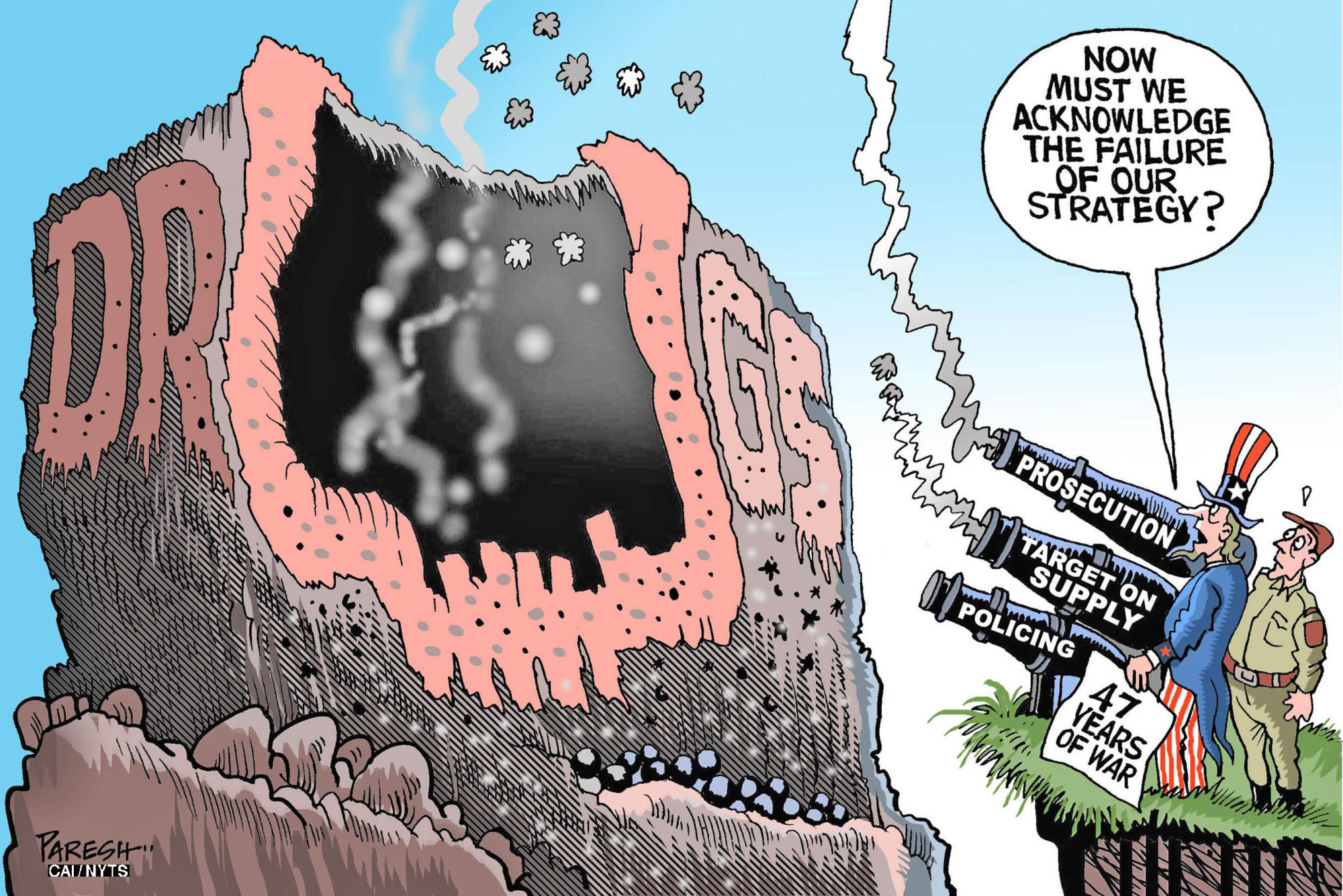U.S. drug dealers, beware. According to a recent report in Axios, President Donald Trump admires the freewheeling and brutal manner in which some Asian governments handle drug offenders. "You know, the Chinese and Filipinos don't have a drug problem," a senior administration official paraphrased Trump as saying. "They just kill them."
In one sense, Trump is right. Over the last two decades, Asia has executed a disproportionate number of drug suspects compared with the rest of the world. In the Philippines alone, more than 12,000 people accused of using or dealing drugs have been killed over the last two years, often in extrajudicial executions. But, contrary to Trump's belief, the bloody toll from Asia's drug wars hasn't deterred addiction or prevented drug crimes. Instead, it's led many of the region's most prominent governments to rethink their approach.
While Asia has cultivated and used drugs since ancient times, epidemic drug addiction first flourished in 19th-century China, when 15 million Chinese became addicted to opium. Over the next century, urbanization and drug innovations fostered new addictions to substances ranging from heroin to modern-day synthetic drugs such as methamphetamine. Today, Asia is the world's major producer of opiates and precursor chemicals for the production of methamphetamine. It's also a major center of addiction to these substances.


















With your current subscription plan you can comment on stories. However, before writing your first comment, please create a display name in the Profile section of your subscriber account page.